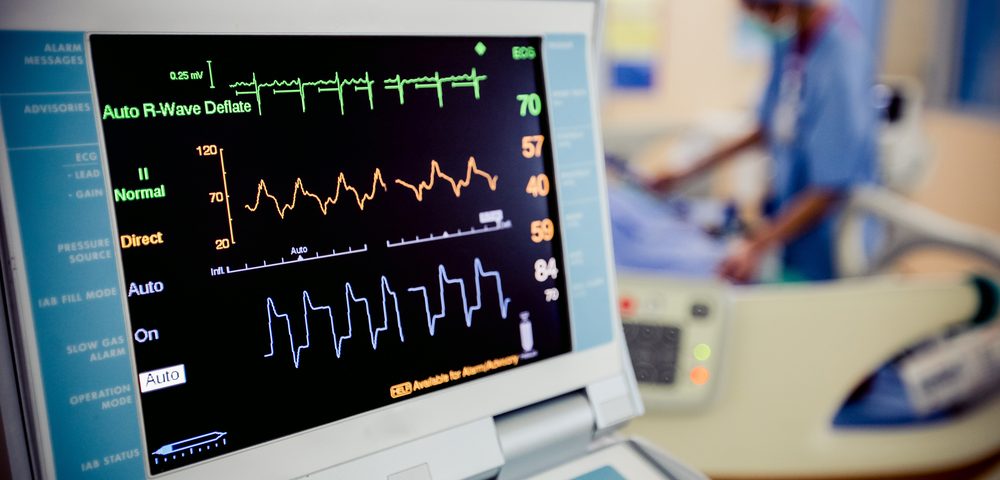Researchers have developed guidelines for handling the potentially fatal side effects of CAR T-cell therapy, which along with its unprecedented efficacy in treating certain cancers, comes with a high risk of treatment-related death.
But the research team at the University of Texas MD Anderson Cancer Center emphasizes that the right treatment, particularly when given early, improves outcomes radically.
“The toxicities are unique, and every member of the care team needs to be trained to recognize them and act accordingly,” Sattva Neelapu, MD, a professor of lymphoma and multiple myeloma and lead study author, said in a press release.
“CAR T cells provide an entirely new level of improved disease response among patients with certain blood cancers and hold promise for more wide-ranging use,” said Elizabeth Shpall, MD, deputy chair and professor of Stem Cell Transplantation and Cellular Therapy at MD Anderson.
But unlike other cancer treatments, immunotherapy, especially CAR T-cells, can trigger two potentially fatal reactions — cytokine release syndrome (CRS) and neurological toxicity, which researchers call CAR-T-cell-related encephalopathy syndrome (CRES).
The study, “Chimeric antigen receptor T-cell therapy – assessment and management of toxicities,” published in the journal Nature Reviews Clinical Oncology, issued recommendations based on studies from several cancer centers and included more than 100 patients treated with CAR T-cells targeting a molecule called CD19, found on both cancerous and normal B-cells.
Based on this data, the team provided guidelines on how to prepare patients for the treatment, as well as specifics on how to monitor patients during and after CAR T-cell infusion.
The team believes this might help physicians identify signs of CRS and CRES in an early stage, and assess the reactions’ severity. The guidelines also included information on how to tailor treatment depending on the severity of the reaction.
“The algorithms that we published are conservative, detailed, and will help us save lives as we move forward with these exciting but also more toxic therapies,” Shpall said.
CRS is an exaggerated immune response, caused by the immunotherapy, in which massive levels of immune mediators, called cytokines, are released. This causes a flu-like condition that can have a lethal outcome.
CRES, on the other hand, is marked by various neurological symptoms, and can sometimes cause fatal brain swelling.
But while CAR T-cell treatments can trigger severe and potentially fatal reactions, it is a treatment that has revolutionized outcomes of blood cancers.
“This represents a sea change in how we treat these patients,” said Neelapu. “There have been no new treatments approved for patients with aggressive B-cell lymphomas relapsing after first-line therapy in 30 years, and only about 10 percent survive long term.”
“Existing second-line treatments, combination chemotherapy followed by autologous stem cell transplant when possible, take three to six months,” Neelapu continued, “CAR T cell therapies take a few weeks.”
“We need longer-term follow-up of patients treated so far in clinical trials, but these are potentially curative treatments,” Neelapu said.
In addition to the guidelines, the research team also developed a test for emerging neurological toxicity in treated patients.
The test is as simple to use as it is easy to interpret. A physician simply needs to ask a patient to state the current year and month, along with the city, hospital, and president or prime minister of their home country. They then need to name three nearby objects and write a standard sentence and count backward from 100 by tens. A full score of 10 indicates normal cognition.
While researchers work hard to gather clues of how to recognize developing toxicity, they are far from understanding factors that lead to these side effects and understand who might be at risk. To forward this work, researchers formed a CAR T-cell-therapy-associated TOXicity (CARTOX) Working Group.
“While we all work on those issues, and learn how to better manage and harness these therapies, the CARTOX algorithms provide ground rules for patient safety,” said Shpall, who holds the Howard and Lee Smith Chair in Cancer Research at MD Anderson.
The algorithms developed to manage CAR T-cell toxicities can also be used with other types of cell-based immunotherapy, including CAR natural killer cells, T-cell receptor (TCR) engineered T-cells, and T-cell-antibody combination approaches, researchers said.


